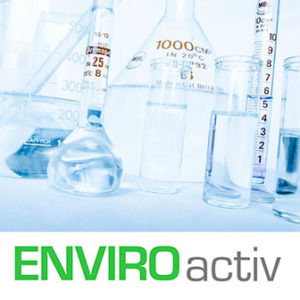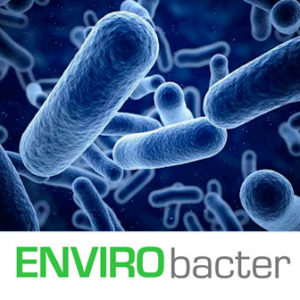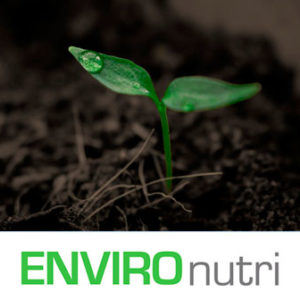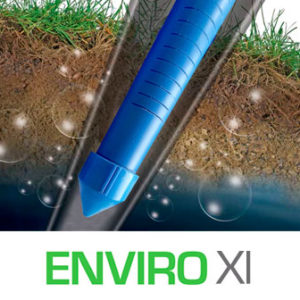Biological degradation process. Specialized microorganisms metabolize target pollutants.
Allows treatment of petroleum hydrocarbons and other compounds including oxygenated ethers (ETBE, MTBE).
Treatment of high concentrations of pollutants.
Treatment period of 12 to 24 months.
Saturated zone.
May require repeated applications.
Bioaumentation
Bioaugmentation is the practice of introducing exogenous microorganisms with biodegrading capabilities in order to ensure the biodegradation process and reduce treatment times.
The bioaugmentation process for the degradation of petroleum hydrocarbons or any aerobically degradable pollutant in soil and groundwater is rare. The introduction of exogenous biodegradable microorganisms can reduce treatment times due to the increased degradation capacity in the environment. Envirotecnics has the lyophilized ENVIRObacter culture that contains millions of bacteria capable of carrying out the aerobic degradation of a wide range of hydrocarbons, including gasoline, diesel and crude oil.
Research has shown that aerobic microorganisms are ubiquitous and generally limited by the availability of oxygen to sustain and grow their populations. Envirotecnics recommends the use of Oxygen Releasing Compound - ENVIROxi - or Waterloo Emitter to stimulate the existing aerobic microbial community through stimulated aerobic biodegradation.
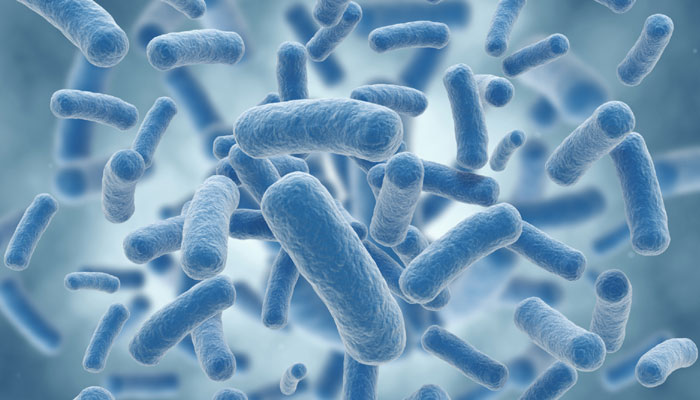
In nutrient-poor sites, the introduction of degrading microorganisms is complemented by the addition of macro and micronutrients ENVIROnutri and ENVIROactiv.
Associated services
- Studies of microbiological and physicochemical characterization of samples of groundwater and contaminated soils.
- Viability tests on samples of water and / or contaminated soils at the laboratory level.
Related products
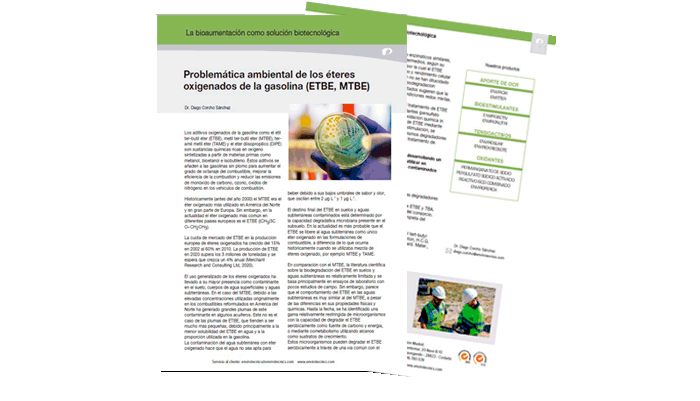
Are you planning a bioaugmentation project?
Contact us to determine the best strategy.


